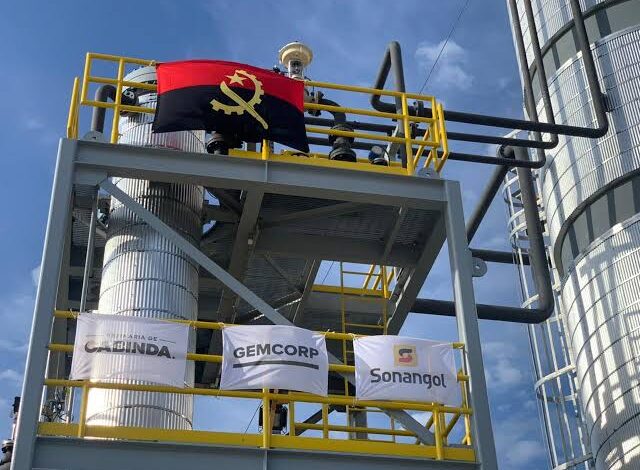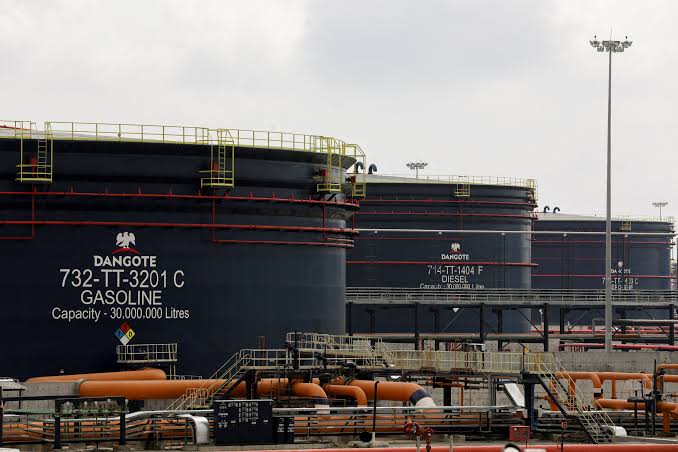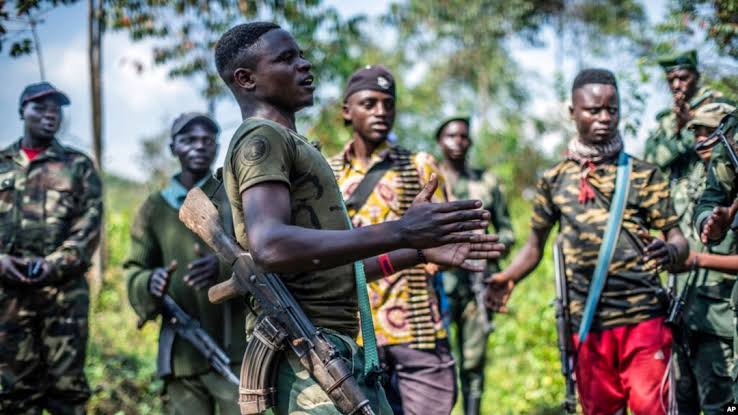
Faith Nyasuguta
The Democratic Republic of Congo’s troubled east is once again on edge, as rebels accuse the government of undermining fragile peace efforts. The Congo River Alliance (AFC), a coalition of armed groups including the infamous M23 rebels, claims that Kinshasa has failed to honor ceasefire deals and mediation deadlines, leaving the region teetering on renewed bloodshed.
Corneille Nangaa, leader of the AFC, declared in a press briefing: “We are obliged to inform the Congolese people and the international community of the successive violations of the ceasefire, which are hindering the principal agreement.” His words reflect growing frustration within rebel ranks, as clashes continue despite ongoing mediation.
The mediation process, led by Qatar, has stumbled repeatedly. On July 19, both sides signed a declaration of principles, pledging to launch official talks by August 8 and finalize a deal by August 18. But when the dates arrived, no progress was made. Neither delegation appeared in Doha, and M23 commander Bertrand Bisimwa insisted his group never received a formal invitation.
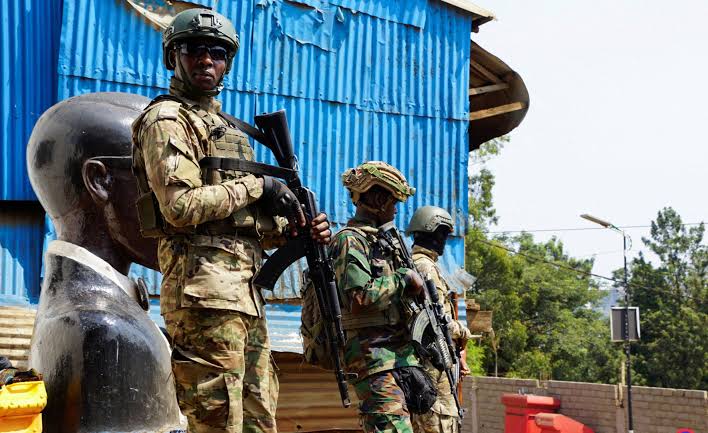
Qatar, however, maintains that efforts are still alive. A mediator revealed that both parties were sent a draft peace pact and responded positively. “Both parties have expressed willingness to continue negotiations,” the official explained, though no new deadlines have been fixed. In the meantime, Congo’s east continues to simmer with sporadic fighting.
By mid-August, Congo’s army accused M23 of launching fresh assaults in violation of earlier agreements. The military warned it reserved the right to respond firmly to provocations. Rebels, on the other hand, alleged that government troops and allied militias have carried out operations in South Kivu, undermining the mediation process. Each side blames the other, fueling a cycle of distrust.
Efforts to contain the crisis go beyond Qatar’s mediation. A Joint Oversight Committee, born from a U.S.-brokered agreement between Rwanda and the DRC, was set up on July 31. Its mission is to ensure compliance with the April peace accord, which directly addressed accusations that Rwanda is backing M23 – a charge Kigali has consistently denied.
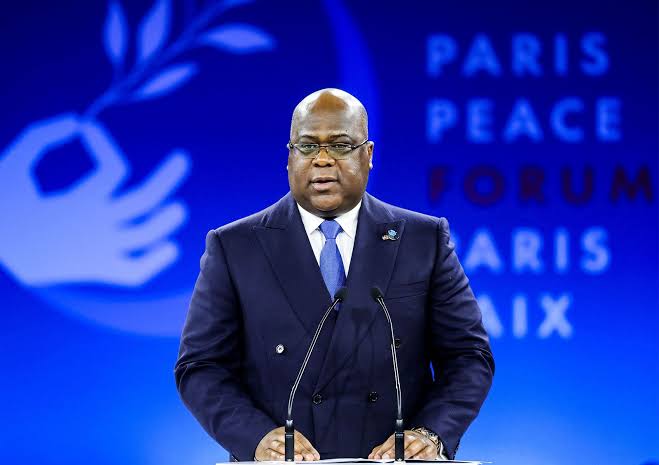
President Felix Tshisekedi has been working to rally regional support. In February, he joined leaders from Eastern and Southern Africa in Tanzania to develop a united approach against the violence. In March, Qatar reaffirmed its role as the central mediator by hosting additional talks. Yet, progress remains painfully slow.
The crisis highlights how difficult it is to convert written agreements into real peace in one of Africa’s most unstable regions. Eastern Congo’s immense mineral wealth – spanning cobalt, coltan, and gold – has long made it both a prize and a battleground. Insurgent groups and rival interests exploit these resources, adding fuel to a conflict that has already displaced millions.
As mediation drags on and deadlines are missed, the fear is that violence will once again escalate to levels that undo years of painstaking diplomatic work. For the people of eastern Congo, who have endured decades of war, the wait for genuine peace continues – uncertain, fragile and overshadowed by mistrust.
RELATED:






